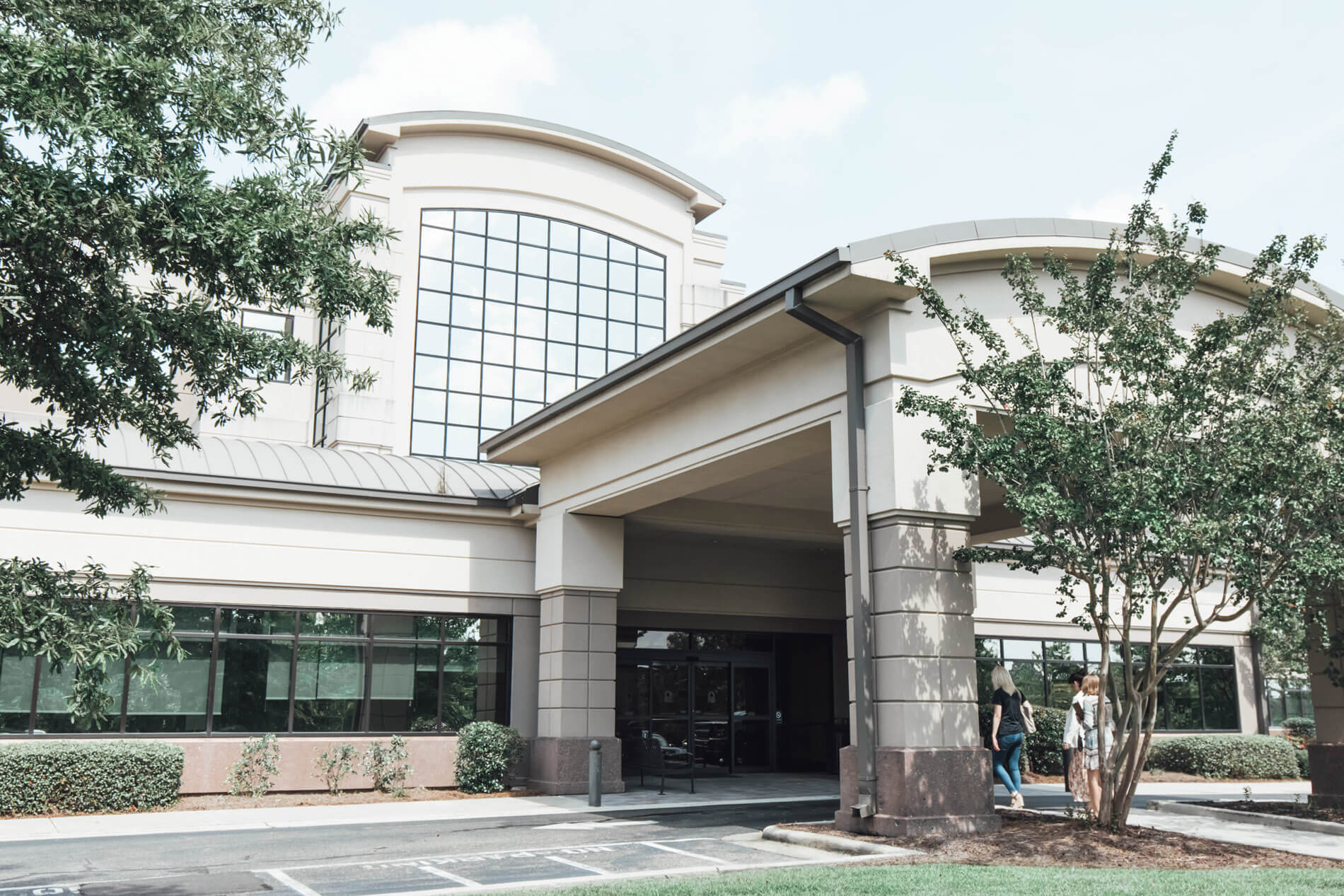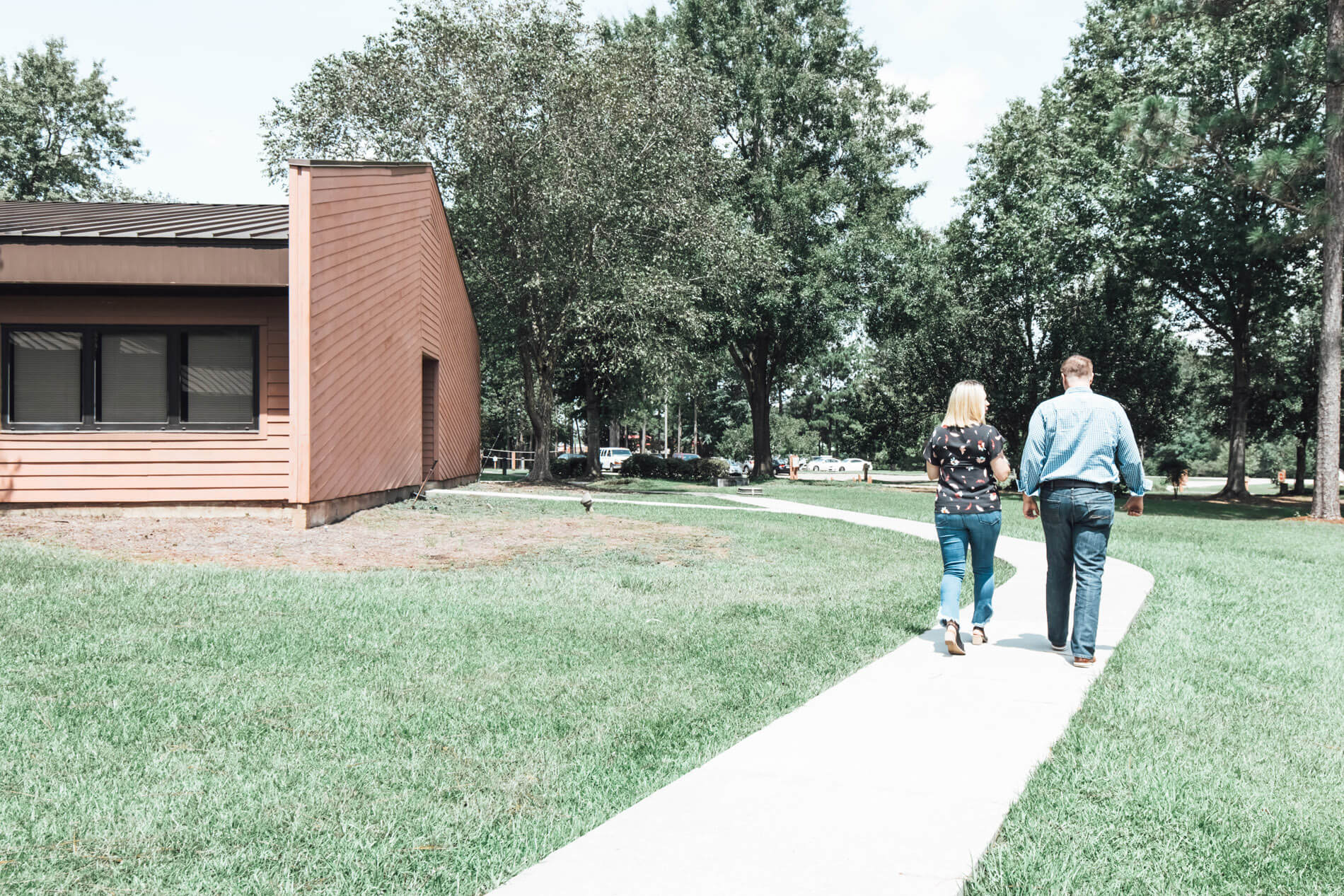Key Signs and Symptoms of Addiction
Addiction is a highly individual experience, which means that no two people will experience it in the exact same way. This is evident in everything from the dosages of drugs taken to the catalyzing factors that cause someone to begin drinking or using in the first place. This can make it difficult for many people to correctly identify substance use disorders before they take over the lives of their loved ones. Today, we’ll detail the signs of addiction, which will aid you in helping those close to you to seek help for their problematic drug or alcohol use.
Signs of Addiction
Addiction is a disease with both physical and mental components. Certain actions and patterns of behavior can provide evidence that your loved one has developed a substance use disorder.
These symptoms include…
- Repeated, unsuccessful attempts to quit drinking or using
- The development of tolerance (requiring more of a substance to feel the same effects)
- Withdrawal symptoms (unpleasant side effects from cessation of substance use)
- Continued use in spite of serious consequences (health problems, job loss, relationship issues)
- Abandonment of responsibilities and hobbies in favor of substance use
- Spending more and more time getting, using, and recovering from use of drugs or alcohol
- Erratic behavior
- Changes in personality (may appear more irritable, agitated, depressed, or violent)
- Becoming secretive
- Lying about one’s behavior, drinking, drug use, and whereabouts
- Stealing money from others or experiencing financial hardship
How Can I Tell If They’re Using?
Those who are addicted to drugs or alcohol will go to great lengths in order to hide their substance use from friends and family. However, because addiction is a progressive disease, it is not possible to successfully keep loved ones from noticing certain physical and emotional changes indefinitely. The addict in your life may believe that they are functioning at a high level, when in fact cracks are beginning to show in their façade. If you notice any of the following symptoms of substance use, you should consider addiction to be a serious possibility.
- Haggard appearance (poor personal hygiene, seeming tired, clothes fit poorly)
- Insomnia or hypersomnia
- Seems to nod off or briefly fall asleep mid-conversation, sometimes even while standing up (a symptom of opioid use referred to as going “on the nod”)
- Significant weight gain or loss
- Isolates oneself from friends and family members
- Spends time with new, questionable “friends”
- Runny nose or excessive sniffing that is seemingly constant
- Dilated or constricted pupils
- Seems argumentative, defensive, and irritable
- Changes in eating habits (loss of appetite or insatiable appetite)
- Appearing hyperactive or lethargic, depending on the substance
- Repetitive speech patterns
- Becomes overly obnoxious or silly in inappropriate situations
- Takes unnecessary risks, such as drinking while driving or swimming
- Disorientation or confusion
- Inability to concentrate or follow a train of thought
When Should You Seek Treatment?
People experiencing addiction may be aware of their disorder but can also find themselves unable to stop it – even if they want to. Their continued substance use may create serious health problems in both the short and long term. It may also begin to destroy other aspects of their lives. Commonly, addicts will begin to have steeply worsening issues in their relationships, careers, and communities. They may also run into problems with the law in the form of public intoxication, drug possession, or DUI charges.
One of the most important things to know about addiction is that it will not stop itself. Your loved one will not wake up one day and return back to normal. They also are unlikely to overcome this challenge through sheer willpower alone, no matter how much they reassure you that this is the “last time” they’ll be drunk or high. This is because addiction is a brain disease – it rewires an individual’s reward system and completely alters the way dopamine and other neurotransmitters are created and absorbed within the body. For this reason, in some instances, abrupt cessation of substance use can be life threatening.
The importance of receiving prompt treatment cannot be overstated. Outdated knowledge used to hold that addicts needed to hit “rock bottom” before seeking help: a state of complete desolation and destruction. We now understand that this is not the case. Research shows that the sooner someone is brought to an addiction treatment program, the higher their likelihood of sustained sobriety. If you suspect that your loved one has an issue with drugs or alcohol based on the lists above, we encourage you to reach out to Pine Grove for more information as soon as possible.
World-Class Drug and Alcohol Addiction Treatment
Since its founding 35 years ago, Pine Grove Behavioral Health and Addiction Services has provided the highest quality of care for those seeking to break free of the disease of addiction. We understand lasting recovery. As a result, Pine Grove has gained a reputation as one of the United States’ premier addiction treatment campuses. Our programs are tailored to clients’ individual needs. To learn more, please call 1-888-574-HOPE (4673).







